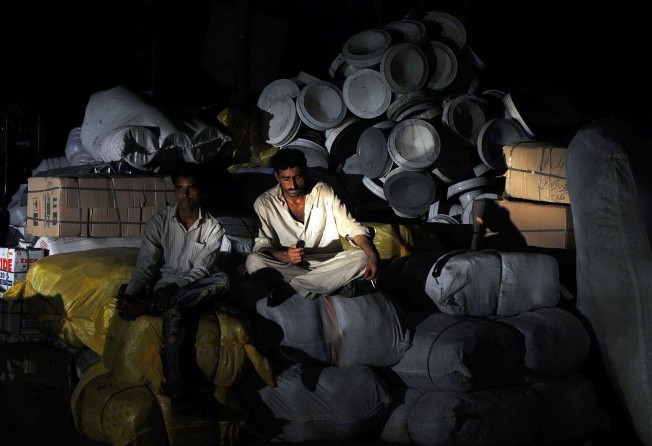China Three Gorges’ Pakistan dams will benefit electricity-starved country, says chief
Karot project to create 3.2 billion kW hours of electricity and over 3,000 jobs

China Three Gorges Corporation’s US$5.7 billion hydropower projects in Pakistan will have some environmental impact but the benefits to the electricity-starved country far outweigh these, the company’s general manager told South China Morning Post.
The state-owned hydropower developer is building its flagship US$1.7 billion Karot hydropower station in the Kashmir region, and is planning another two with a combined investment of US$5.7 billion. The Karot project faces some environmental concerns, while its location has invited opposition from India, which has been involved in a territorial dispute with Pakistan over the region.
“A few of our projects are located in the Azad Kashmir region, but far from the border line, so it won’t affect … the projects,” Wang Lin, the general manager, told the Post.
He said the project’s impact downstream could be mitigated by scientific development.
Quite a number of sluices and reservoirs have been built on the River Jhelum, a tributary of the Indus, and through “scientific coordination” water resources can be utilised to their maximum, Wang said. Fears over upstream water being diverted are unnecessary, he said, because the amount of water being diverted is small and its impact can be minimised through the sluices and reservoirs upstream.
The company has also committed to a 150 million yuan (US$22.6 million) programme to protect the environment where the construction is taking place, especially for waste water treatment. It will restore the terrain once construction is finished.
The 720 megawatt Karot project will generate 3.2 billion kilowatt hours of electricity a year and directly create more than 3,000 jobs during the construction period. The station will be operational by around 2020 and will be transferred to Pakistan without compensation after a 30-year operation period.
The project will also train Pakistani hydropower engineers. When the Kohala project is being built, local engineers will join top management, and when the Mahal project is being built, the core team will be “localised”, Wang said.
The Karot project is the first to be financed by China’s US$40 billion Silk Road Fund, which is dedicated to the Belt and Road Initiative. Also among its lenders is the International Finance Corporation (IFC), a subsidiary of the World Bank Group, and it will ensure stringent social and environmental standards.
Wang said the IFC holds veto power when it comes to integrity, environmental protection, immigrants and social relation issues.
“Before the investment, IFC conducted robust due diligence and when construction starts, it will dispatch experts for an on-site examination every month,” Wang said. “The two funds’ involvement ensures the project meets international standards.”
According to International Rivers, a non-governmental organisation, 72 homes and 58 businesses are expected to be relocated as a result of the construction. In addition, 2.8 kilometres of the Karot-Kotli road and 8.9km of the Azad Pattan-Kahuta road will need relocation.
Stephanie Jensen-Cormier, China programme director at International Rivers, said the power generated from Karot will be sold to Pakistan’s national grid. She said she hoped CTG would ensure that affected people benefit from having access to electricity generated by the dam.
“If China wants to come across as a global leader in terms of high-quality projects that are beneficial to other nations, and as a leader in developing a global ecological civilisation, then it is essential to adhere to the highest standards, not just the demands of the host country or client,” she said.